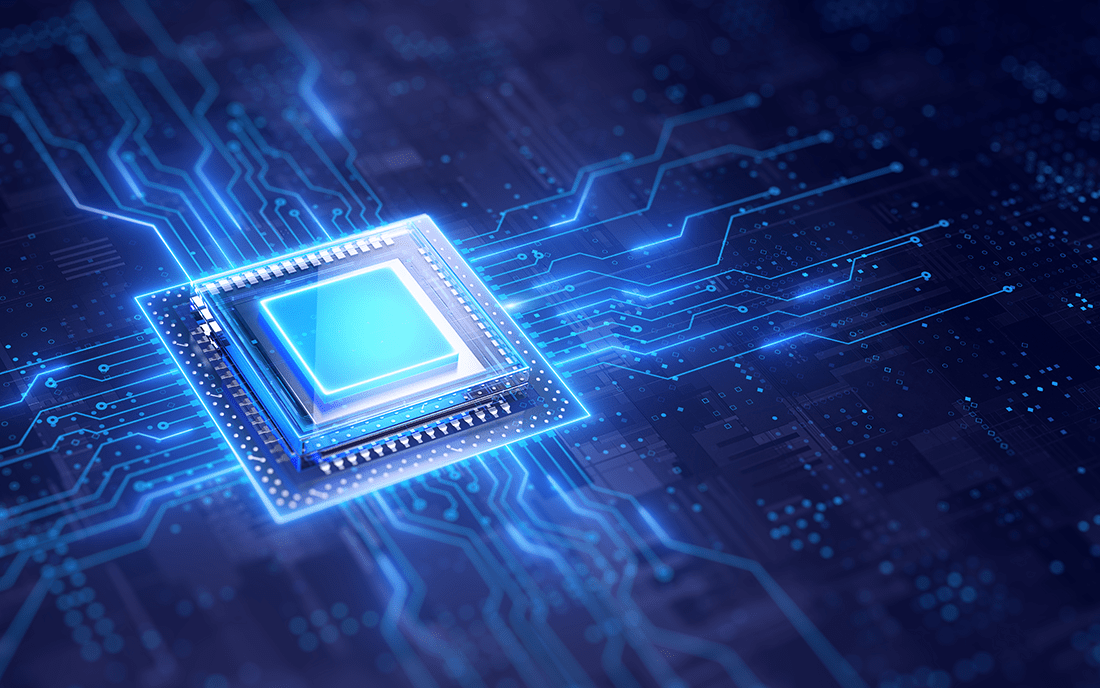Microsoft has recently revealed an innovative cooling method designed specifically for AI GPUs, and the company believes it could change data center technology forever. As artificial intelligence expands rapidly, managing the extreme heat produced by powerful GPUs has become one of the industry’s toughest challenges. Traditional cooling systems are often unable to handle the thermal demands of advanced hardware, leading to higher risks of damage and reduced performance. Therefore, Microsoft’s breakthrough announcement highlights a potentially transformative approach that could redefine the efficiency, sustainability, and scalability of AI infrastructure.
Why Cooling Matters for AI GPUs
AI GPUs are designed to process vast amounts of data at high speeds, making them much more powerful than traditional processors. However, this performance comes with a serious drawback: enormous heat generation. If this heat is not controlled effectively, GPU performance declines, hardware lifespan shortens, and the risks of costly downtime increase. Efficient cooling not only ensures stable performance but also prevents long-term damage to critical components. Consequently, advanced cooling solutions have become essential for sustaining the rapid growth of AI, and this is why Microsoft’s new technology is attracting worldwide attention.
Microsoft’s Revolutionary Cooling Approach
According to Microsoft, the new system goes beyond traditional air and liquid cooling methods. Instead of simply relying on fans, vents, or circulating coolants, the company has developed a hybrid model that combines immersion cooling with AI-driven monitoring. In immersion cooling, GPUs are submerged in a non-conductive fluid that efficiently absorbs and transfers heat away from sensitive components. On top of this, Microsoft has added smart sensors and algorithms capable of predicting thermal spikes and adjusting cooling strategies in real time. This proactive approach could keep GPUs running at peak performance while reducing energy waste.
Comparing With Existing Cooling Systems
Conventional cooling methods rely heavily on air circulation, which often struggles with modern AI workloads that generate extreme levels of heat. Liquid cooling, while more efficient, is typically expensive and requires complex infrastructure to maintain. Microsoft’s hybrid model aims to combine the best of both worlds by offering efficiency, adaptability, and reduced operational costs. By merging immersion technology with intelligent controls, the system promises not only to improve performance but also to cut down energy usage. This could position it as a practical and sustainable alternative compared to older cooling systems still used in many data centers.
Implications for AI and Data Centers
If Microsoft’s claims hold true, this cooling technology could revolutionize how data centers operate. AI models rely on thousands of GPUs running simultaneously, and cooling those GPUs is one of the largest ongoing expenses for operators. By introducing a more efficient system, Microsoft could help companies reduce operational costs significantly while also lowering their carbon footprint. Additionally, efficient cooling enables GPUs to perform at higher speeds without overheating, accelerating AI research and deployment across industries. From healthcare and finance to robotics and autonomous systems, the benefits of such a breakthrough could ripple across the global economy.
The Future of GPU Cooling Innovation
Microsoft’s initiative marks the beginning of what could become a major trend in computing infrastructure. As AI workloads grow more demanding, other companies will likely invest in similar hybrid cooling methods, creating healthy competition that accelerates innovation. Future solutions could integrate renewable energy sources, advanced materials, and even smarter AI-driven management systems, making data centers more sustainable and cost-effective. Importantly, once the technology matures, smaller businesses may also gain access to affordable advanced cooling systems. Ultimately, Microsoft’s revolutionary approach could pave the way for a new standard in AI hardware management, setting the foundation for the next era of computing.




